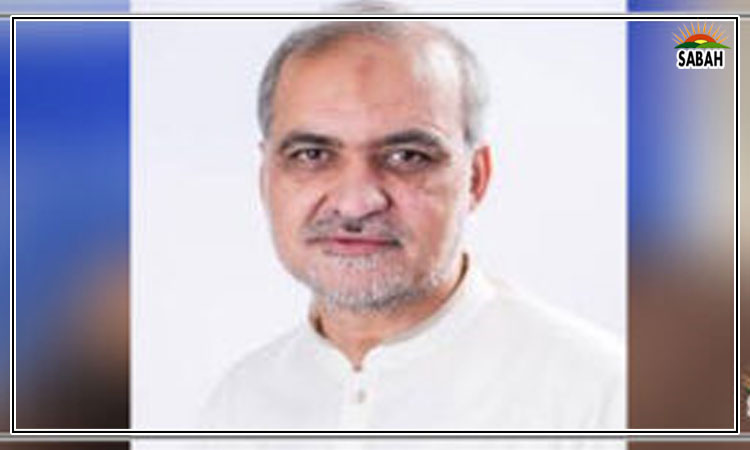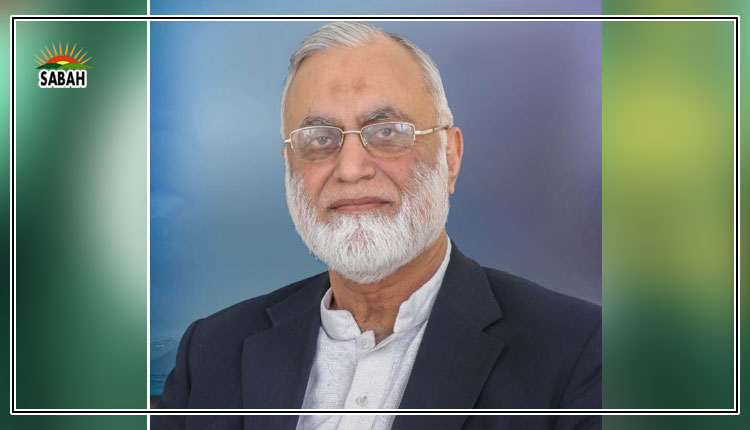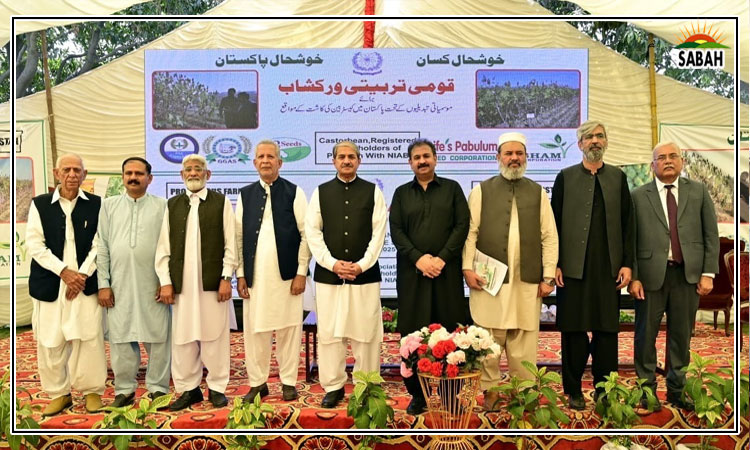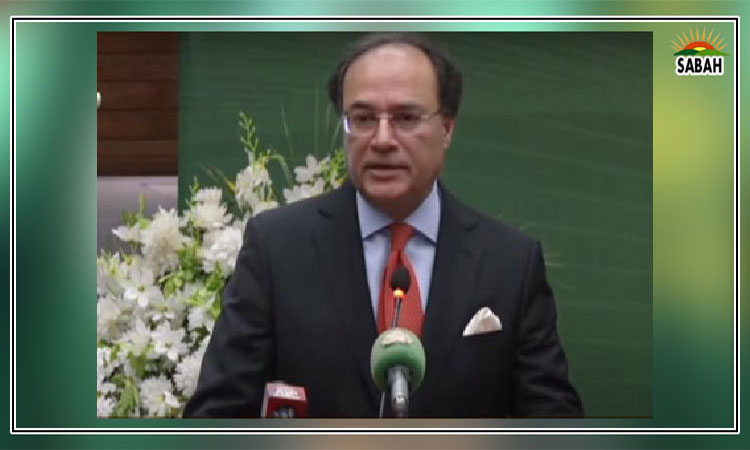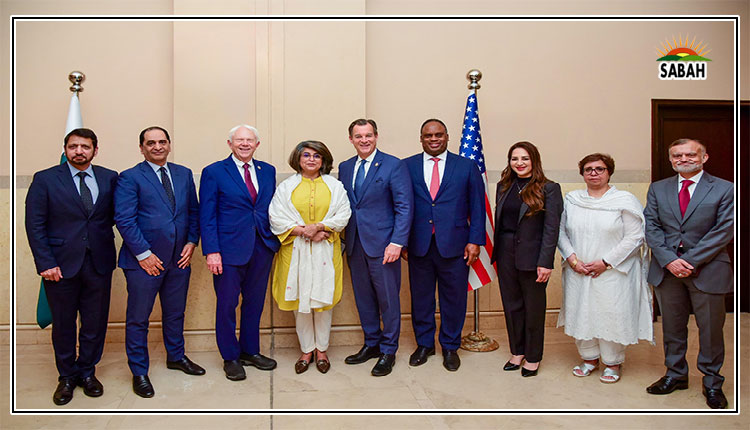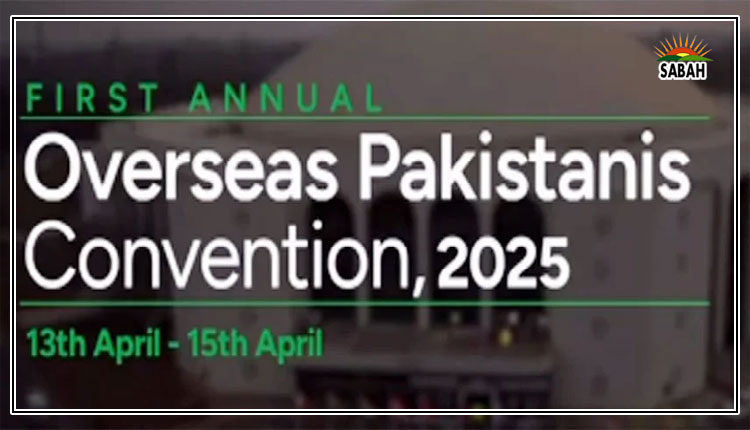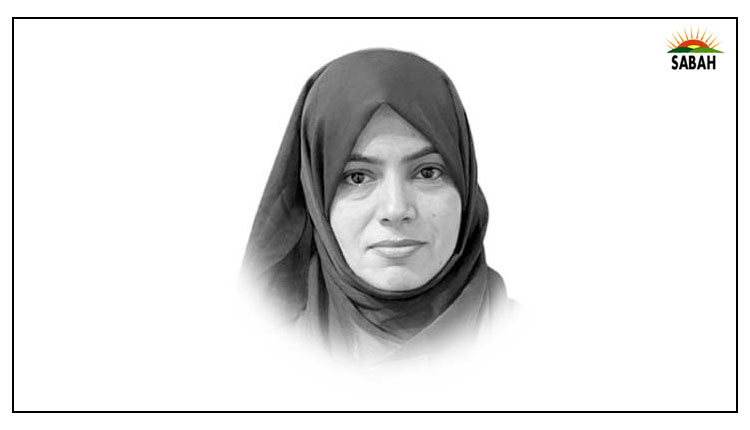On the watch…Kamila Hyat
We need to keep looking over our shoulders at events across our border. Across our western border, things are looking grimmer and grimmer for women, for whom secondary education has already been banned.
There are also other curbs in place and travel for women is increasingly restricted under the setup by the Taliban government, which took power immediately after the US withdrawal from the country in 2021. As girls drop out of schools and underground schools open up for them through the few NGOs and humanitarian workers still left the country, Pakistan needs to keep a careful watch on its own borders and notably its own former tribal areas.
There are indications that in a mimicry of the Taliban in Afghanistan, influence could seep in across the border and people here could reconsider education for girls in a country where the literacy rate for women is already amongst the lowest in the world and well behind that of other South Asian countries
We need to remember that Pakistan has gone through a long period of repression, first of all under military leader Ziaul Haq who took steps to undermine their position in society by introducing the inhumane Hudood Ordinance and introducing other laws which lower their status in society. He also imposed dupattas for women appearing on PTV as newscasters and in all other roles including television dramas.
We have not quite recovered from the impact of this effort to put women in a different category and to undermine them. The influence has been doubled in areas which are adjacent to Afghanistan and for these reasons we need to be careful that we do not return to a time as was the case before when women had fewer legal rights in society and almost no public space that they could occupy on an equal footing.
To look at this in its full context, we also need to recall that under various leaders, and notably Ziaul Haq, Pakistan changed dramatically. The folk music and dance which was an integral part of our culture and which appeared on PTV as well as live in villages and hamlets began to disappear and be replaced by music in more religious overtures. We in fact, killed a grassroots level culture of music and notably of dance, which is still seen in many households as something which should be forbidden to all and notably to girls. This notion of humanity, and this idea of what was right and wrong, was deliberately altered in our society.
While ensuring we do not allow this in our country to go the same way as Afghanistan, we also need to be careful to watch out against any kind of inhumanity against the Afghans in our country. Even today, there are millions of them, including some who first crossed the border in the very late 1970s or early 1980s. We must not be unfair to this group or to other Afghans in the country and must grant them protections and rights that they deserve. This includes the right to an ID card and to other facilities which are given to all citizens of Pakistan. Trying to drive out Afghans will serve no purpose and only make life more difficult for those who face very real issues in their homelands and could even be driven straight into the caves of death.
But our most urgent need is to empower women, notably in KP and the former FATA areas. These, of course, now form a part of KP and come under its laws. Schooling for girls has to be ensured and laws that make it imperative for girls to receive at least 10 or 12 years schooling must come into effect. Only if we do so can we ensure a continued growth for women and an equal status for them in society. We must also provide opportunities for women to take up any career of their choice and to avoid the kind of vilification that they have faced, say, under the PTI, which used women as pawns in their political game, putting up pictures of them on Twitter feeds and vilifying them in spoken words and speeches over and over again. This does not help the cause of women and certainly does not prove that the PTI as it once existed was a liberal party willing to give equal space to women. We can see from multiple examples that quite the contrary was true.
We also need to play a role in trying to stabilize Afghanistan. After all, it is a part of the region we live in. And regions are important, especially in today’s world, where geopolitics has changed quite dramatically. To do so, we need to talk to the Taliban leaders of Afghanistan and go a little beyond simply talking about security concerns or the issue of movement across the border. We also need to ensure that Afghan society is a space in which all people, regardless of gender, ethnicity or belief, can live lives as citizens. And remember that this will be fundamentally important to our own country and its development as well. If we fail in this, we will have in many ways failed our own country.
In the past we have seen the culture from Afghanistan flow over into Pakistan. Of course, it was partly a part of the policies used by military dictators at the time, especially in the 1980s. We need to help Afghanistan develop as a democracy if this is to be prevented and a different outlook ensured for our own. The task is, of course, one which requires help from nations across the world. The US is far less interested in Afghanistan and in Pakistan than it was in previous times. It is difficult to say that the same is true of India, which once had enormous influence in Kabul, especially with the government of the former leader Ashraf Ghani. But some kind of bloc needs to be created, possibly with Central Asian nations, to keep Afghanistan on the right path and most important of all to ensure that its women have rights as equal citizens and can continue the progress they had begun to make over the last 20 years with women rising to top positions in politics and in other fields.
If this does not happen, Afghanistan will be left far behind the rest of the world. And the danger is that it could drag us down further as well, placing us even lower on the report cards which monitor development in each country compared to where we stand at the present time.
Courtesy The News


